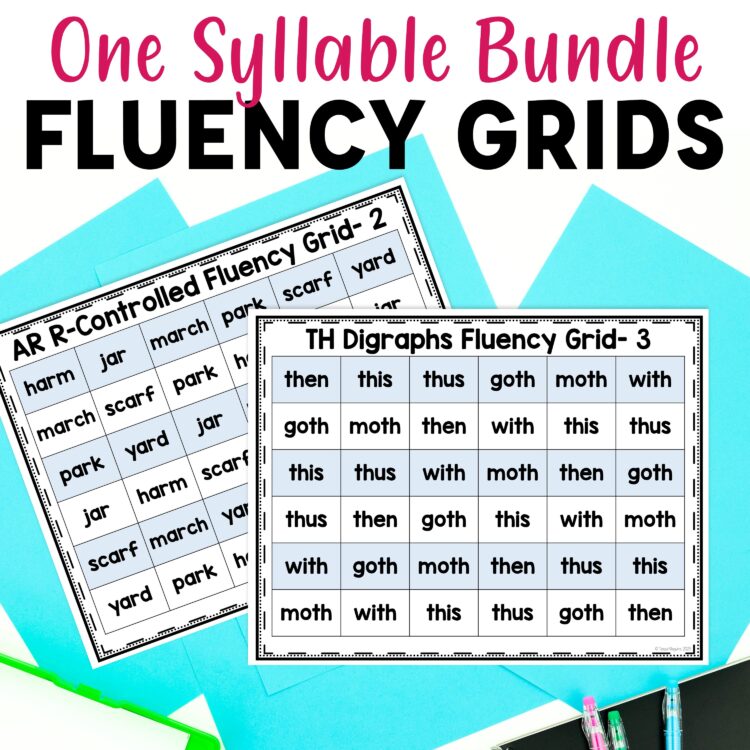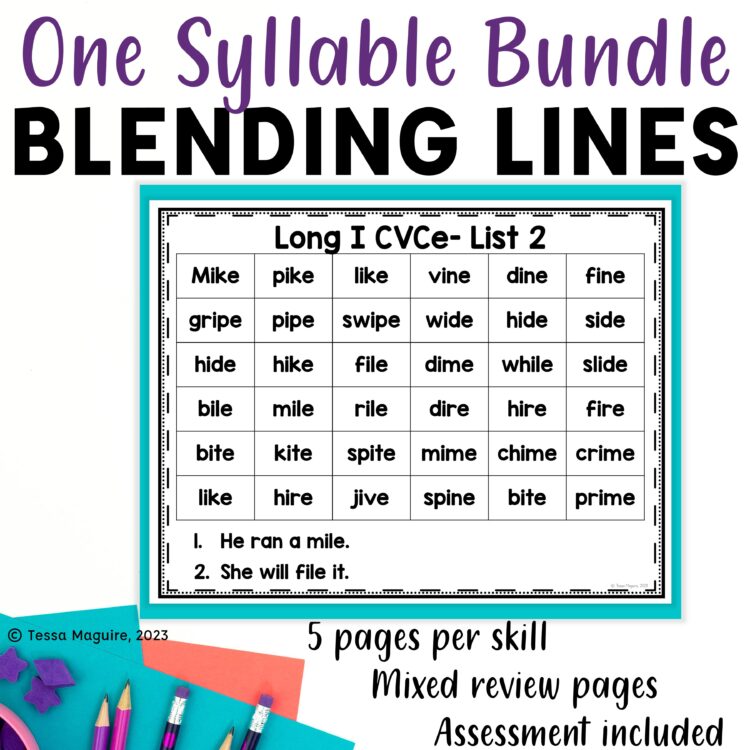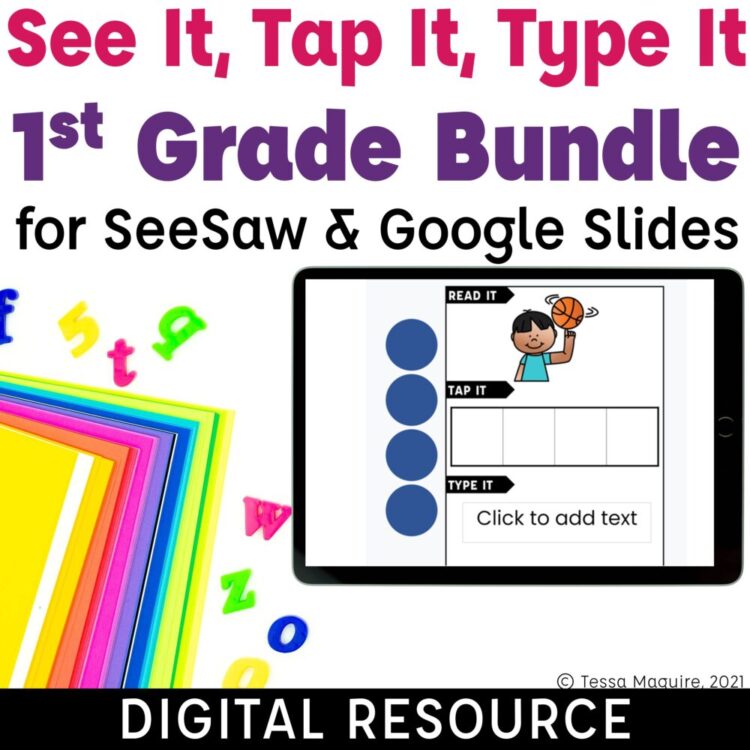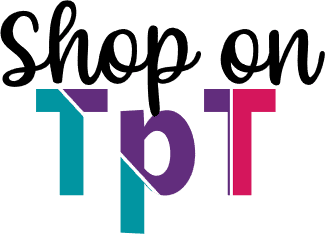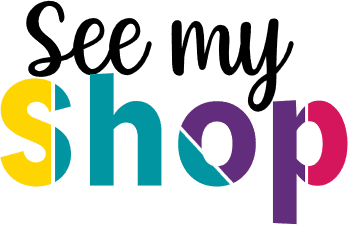© 2024 Tales from Outside the Classroom ● All Rights Reserved
How To Land your Ideal Teaching Position: Teacher Interview & Resume Tips

Looking and interviewing for a teaching position, especially your first one or a new one after a long time in your current one, is stressful and intimidating. You want to be confident, but not too confident where you give off the vibe that you are set in your current methods. You want to show your knowledge and skill set, but also are nervous and probably aren’t speaking as precisely and eloquently as you’d like. You want to stand out from the group, but not so much that you get remembered for all of the wrong reasons. It can be a tricky road to navigate. As both an interviewee and an interviewer in various roles and capacities over the last 10+ years, I’ve seen, read, heard, and said it all. Here are tips to help your teacher resume stand out, and how to rock your next teaching interview.
PERFECT YOUR TEACHER RESUME & COVER LETTER
Your resume is often the first, and only thing a principal will see as they’re deciding to bring you in for an interview. You want your teacher resume to be fresh, clean, and give the principal the information they need. Your resume needs to be specific: include the grade levels you’ve taught or student taught (and if you’re student teaching, include your cooperating teacher) and not just the name of the school. Include highlights and things you are proud of; things that show your ability to go above and beyond the basal; things that show your creativity. You do not need to include absolutely every detail of what you have done during the day (for example, you don’t need to say you read books aloud to the class; it takes up valuable space and is not worth noting). Include highlights: implemented a STEM project, designed an integrated writing and science unit, developed a hands-on math project. If you are an experienced teacher, your resume should include your entire teaching history with, again, highlights. Include state assessment passing if it’s above average. Include how you differentiated or structured your day. Give the reader a glimpse of what your classroom looked like. Have some people look over your resume to make sure you haven’t forgotten anything, and that it’s clear. If you are a new teacher, have a cooperating teacher look it over and possibly the principal if you can. An outside eye can look at your resume and give you constructive criticism on how to deliver your best message.
PROOFREAD YOUR RESUME
Your teacher resume and cover letter are your first impressions and you want to make them a good one. In my years of hiring and interviewing, I have come across several resumes and cover letters with glaring typos and sentences that don’t make sense. Proofread, proofread, and proofread it again. Then have a friend do it. Make sure the version of your resume and cover letter you send/upload is the one you personalized for that school or that school district. You don’t want to send a letter that says your objective is “to become a teacher in XYZ district” to ABC district.
I have created several different editable teacher resume templates that are easy to use and personalize. With standard and free (for personal use) fonts, you can quickly and easily customize them to your aesthetic and help give you a professional, stand-out resume in just a few minutes. Each set includes templates for a cover letter, a 1 page resume, and a 2 page resume. Each section of the resume also includes helpful suggestions on what to include in each spot, especially helpful for new teachers. You can get a closer look at all of my teacher resume templates to find one that matches your style.
Now that you have a professional, attractive, proofread teacher resume to be sent in, you are sure to stand out and land an interview. Here’s how to feel comfortable, confident and ready for your teacher interview!
Teacher Interview Tips
You sell yourself before, during, and after your interview. Arrive a few minutes early. If you are running late for any reason, especially if it’s because you’re lost, give them a quick call and explain. Dress professionally. These may seem like basic tips for you, but it’s not always a given. You want to make a strong first impression, but everyone understands the nerves that come with an interview. Do your best to feel as relaxed as possible.
KNOW YOURSELF
There are common questions or question types that will be asked in a teacher interview and you should have answers prepared ahead of time, whether or just mentally or with notes. Feel free to write down some notes ahead of time, to glance at while you’re talking this will help keep you from rambling, and will help ensure you touch on everything you want. You don’t want to write sentences, and you certainly don’t want to read from it, but bullets can help keep you focused and smooth. Think through concrete instances from your experiences so you can give specific examples. Questions to practice and prepare ahead of time:
- Introduce yourself (name, possible family information, extra-curricular/hobbies)
- Philosophy on education- this is such a broad topic but touch on relationships, importance of education, classroom environment, differentiation
- Classroom management philosophy- clip chart, Dojo, neither? How do you manage behaviors? How do you teach them?
- Difficult children- How do you handle inattention? Redirection? Disrespect?
- Reading philosophy- how do you teach reading? While this may vary between different grade levels you should speak to your beliefs on small group and whole group instruction, workshop vs. centers, guided reading, Daily 5, etc.
- Math instruction- how do you utilize small groups? Differentiation? Data?
- Differentiation- How do you differentiate in your classroom? How do you want to continue to differentiate?
- Your experiences- You likely have specific experiences that you can use as specific answers to questions. Think of them ahead of time and prep how you would use them to explain your beliefs and/or strategies. This allows you to speak in specifics rather than generalities and help prove you know and believe in what you are talking about.
- Strengths and weaknesses- a common question that is difficult to efficiently answer on the fly
- Data & assessment- what do you know and use, and how do you use it? Include daily checks as well
Don’t be afraid to share, especially if you are a new or newer teacher, what you’ve implemented in the past and how you would like to change it. You don’t have to do things the exact way your cooperating teacher did, and even things you want to implement will likely evolve to more closely match your personal style. If your cooperating teacher didn’t do guided reading, but you know you want to learn more about it and see it in action, mention it while you are explaining what you do in reading. Knowing you’re continuing to learn and improve is a key part of the hiring process in many areas. Schools don’t expect to find perfect matches. They want someone that is willing to work to meet their expectations!
I’ve met interviewees and read resumes for many candidates who seemed like they had amazing qualities, but I walked away feeling disappointed in their background knowledge on key topics. Candidates who don’t know how to plan a lesson based on a standard, can’t give an example on how they use data, etc. The onus lies with the preparation programs, but, with that said, as a new teacher, if you are struggling to answer those questions, know you need to do research on your own. Schools will be understanding that you don’t have the same background knowledge a more experienced teacher might, but give yourself the power to say that you researched this topic on your own and would love support to be able to implement it in your own classroom. That will make a difference and help you stand out in your interview.
BE YOURSELF
It’s easy to let nerves take over in an interview. Try and let you and your personality show through a bit. The more relaxed and calm you are, the easier the interview will feel. You want to present your best self, but that can be hard if you are too nervous. Take a couple deep breaths, remember to smile a bit, and try to connect with your interviewer(s). Take a moment to gather your thoughts before answering. If you don’t know something, be honest about it, but also express your feelings about what you do know. Be honest. Be confident. Be you.
KNOW YOUR AUDIENCE
Do research about a school before a phone or in person interview. Referring to the specific programs or philosophies of that school will go a long way to standing out from the group! Already being familiar with a program might give you bonus points in the interview because that means that the school will not have to give you as much assistance or training. See if you can find out information about technology, curriculum, and any special programs. You can use that information in your answers to discuss what you already know and use, and gives you valuable questions to ask at the end of the interview. Prepare answers as to why you want to be in that school (I once said that I was looking for a change as I nervously responded completely unprepared. That is a bad, very bad, answer). Look the school and district up on their websites and look them up with the state. Ideas for things to touch on during your teacher interview may be:
- technology available
- parent involvement (how you are excited to utilize it, how you will try and increase it)
- achievement rates
- programs
- other focus areas i.e. the arts, STEM, 1:1 technology, etc.
OTHER TEACHER INTERVIEW QUESTIONS
There are a lot of common teacher interview questions. While I referenced some above while developing your personal responses, there are also others that it would be good to think of responses for.
- How do you use data to drive your instruction? Be specific and give examples.
- How do you use the standards while planning?
- How do you go about planning?
- How do you incorporate small group instruction in your classroom?
- What does a typical day in your classroom look like?
- Describe your ideal classroom environment.
- What is your favorite children’s book? Why?
- How do you win over a difficult student?
- What is the last professional development book that you read? What did you think of it?
- What is a lesson that went well in your classroom?
- What is a lesson that did not go well for you in your classroom? What did you do about it?
- How do you know a lesson went well?
- How do you keep engagement high in the classroom?
- How do you deal with a teammate that you have a disagreement with?
- How do you evaluate if students have mastered a concept?
- What strategies do you use for a defiant student?
- How do you meet the needs of students who are significantly higher than the rest of your class?
- How do you meet the needs of students who are significantly lower than the rest of your class?
- How do you meet the needs of all students in your classroom?
- How do you incorporate technology into your lessons?
- How do you prefer to plan? Alone? With your team?
- How do you increase parent involvement?
AFTER YOU LEAVE THE INTERVIEW
Don’t forget to send a follow up email, or even a mailed card, with any other questions you might have thought of (keep them brief) as well as thanking them for having you for the interview. This is also a great time to clarify something you weren’t as clear on answering during your interview. That follow up email can help the principal or the team remember you, and brings your name into the front of their mind one last time.
One final way to have yourself stand out from the group, and really show your expertise, is by utilizing an online portfolio. Portfolios are time consuming, and the ones that colleges make you prepare are rarely used in an interview. But, inside them are great ways to showcase your skills. There’s just not enough time in the interview. If you create an online, visual portfolio you can showcase lessons you created, projects you implemented, etc. Include a shortened url on your resume or in your cover letter, within email communication setting up an interview, or, include it in your thank you email. It gives you one more way for the interviewer(s) to have a glimpse into your classroom, that you’ve chosen to highlight, and it gives them something to remember you with. A quick Powerpoint video or a series of pictures would be a great visual look into your day, and show your creativity and technological skills.


Newsletter Sign Up
Signup for my weekly-ish newsletter. I send out exclusive freebies, tips and strategies for your classroom, and more!
Please Read!
You have successfully joined our subscriber list. Please look in your e-mail and spam folder for Tales from Outside the Classroom. Often, the confirmation email gets overlooked and you're night signed up until you confirm!

Hi! I’m Tessa!
I’ve spent the last 15 years teaching in 1st, 2nd, and 3rd grades, and working beside elementary classrooms as an instructional coach and resource support. I’m passionate about math, literacy, and finding ways to make teachers’ days easier. I share from my experiences both in and out of the elementary classroom. Read more About Me.












